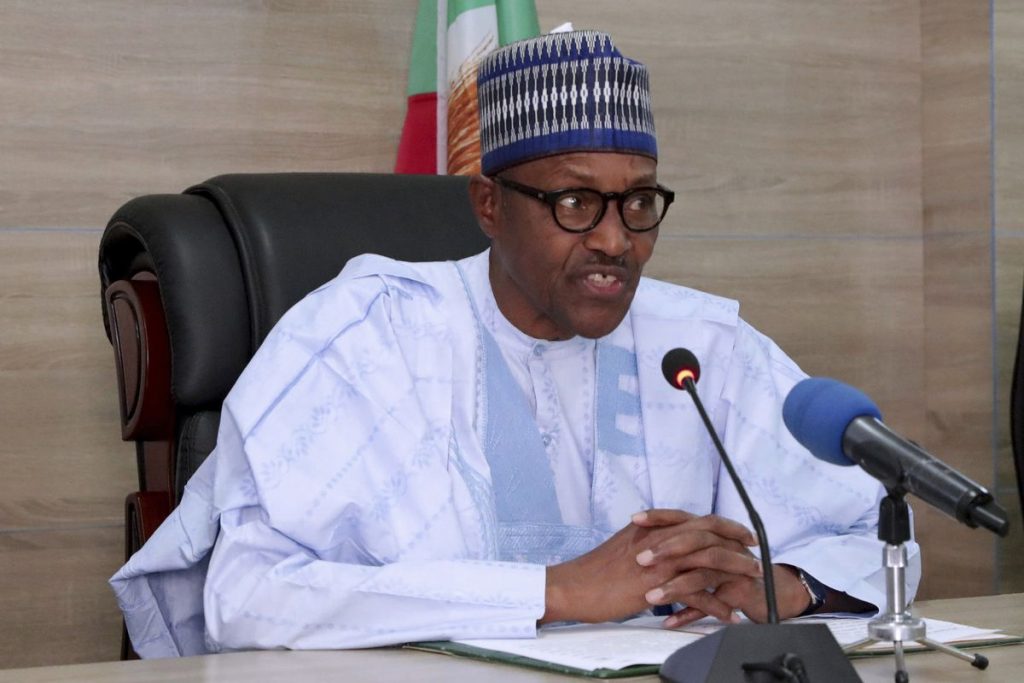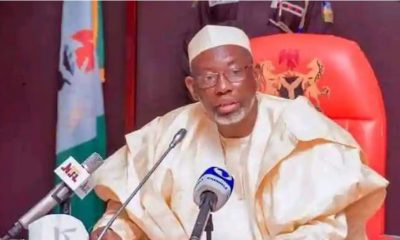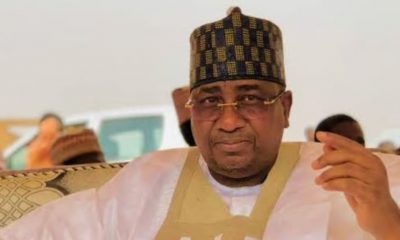Nigeria may accept fresh loans from India for her infrastructure development projects, particularly the construction and maintenance of refineries, National Daily has gathered.
This much was disclosed when the Indian High Commissioner to Nigeria, His Excellency Abhay Thakur, visited the Group Managing Director of NNPC, Mallam Mele Kyari, where he revealed the loan offer window opened to Nigeria on Thursday.
According to Thakur, India is ready to provide credit line mechanisms and expertise to help NNPC revamp its massive infrastructure across the country.
“India is prepared to offer Nigeria and particularly the NNPC a credit line mechanism to help her in the areas of refinery maintenance, construction, security, surveillance and anything possible. Our expertise in Information Technology (IT) is available as well. We are ready to cooperate with NNPC to boost our bilateral relations.”
Recall that since President Buhari assumed office in 2015, the country’s debt profile has increased by almost 107% in Naira value. In the first quarter of 2015, Nigeria’s total public debt stood at N12.4 trillion or $64.2 billion, while it rose to N24.9 trillion or $81.27 billion in March 2019.
Nigeria’s external debt service has gulped a total of N931 billion or US$2.1 billion in the last 5 years, while commercial loans take the biggest share of Nigeria’s total external debt servicing amounting to US$1.58 billion.
The country paid the sum of $464 million or 142 billion to service external debt in 2017, while the figure rose significantly to $1.47 billion or 451.8 billion in 2018.
And just like external debt, domestic debt servicing has also been gulping over N6.1 trillion in the last 5 years. The total amount spent on servicing Nigeria’s domestic debt in 2015 was N1 trillion. Fast forward, the figure on an annual basis rose to 1.79 trillion in 2018 representing a 76% increase.
Meanwhile, as the country’s debt portfolio continues to rise, the poor condition of refineries across the country has been attracting widespread criticism, locally and internationally.
Many have expressed concerns that the lack of functional and reliable refineries is the factor that has caused loss in the government’s financial record thus far. Economists have also argued that the fuel subsidy the Nigerian government is paying, is doing more harm to the economy.

 Football2 days ago
Football2 days ago
 Business1 week ago
Business1 week ago
 Business1 week ago
Business1 week ago
 Education1 week ago
Education1 week ago
 Crime1 week ago
Crime1 week ago
 Covid-191 week ago
Covid-191 week ago
 Latest6 days ago
Latest6 days ago
 Business1 week ago
Business1 week ago













